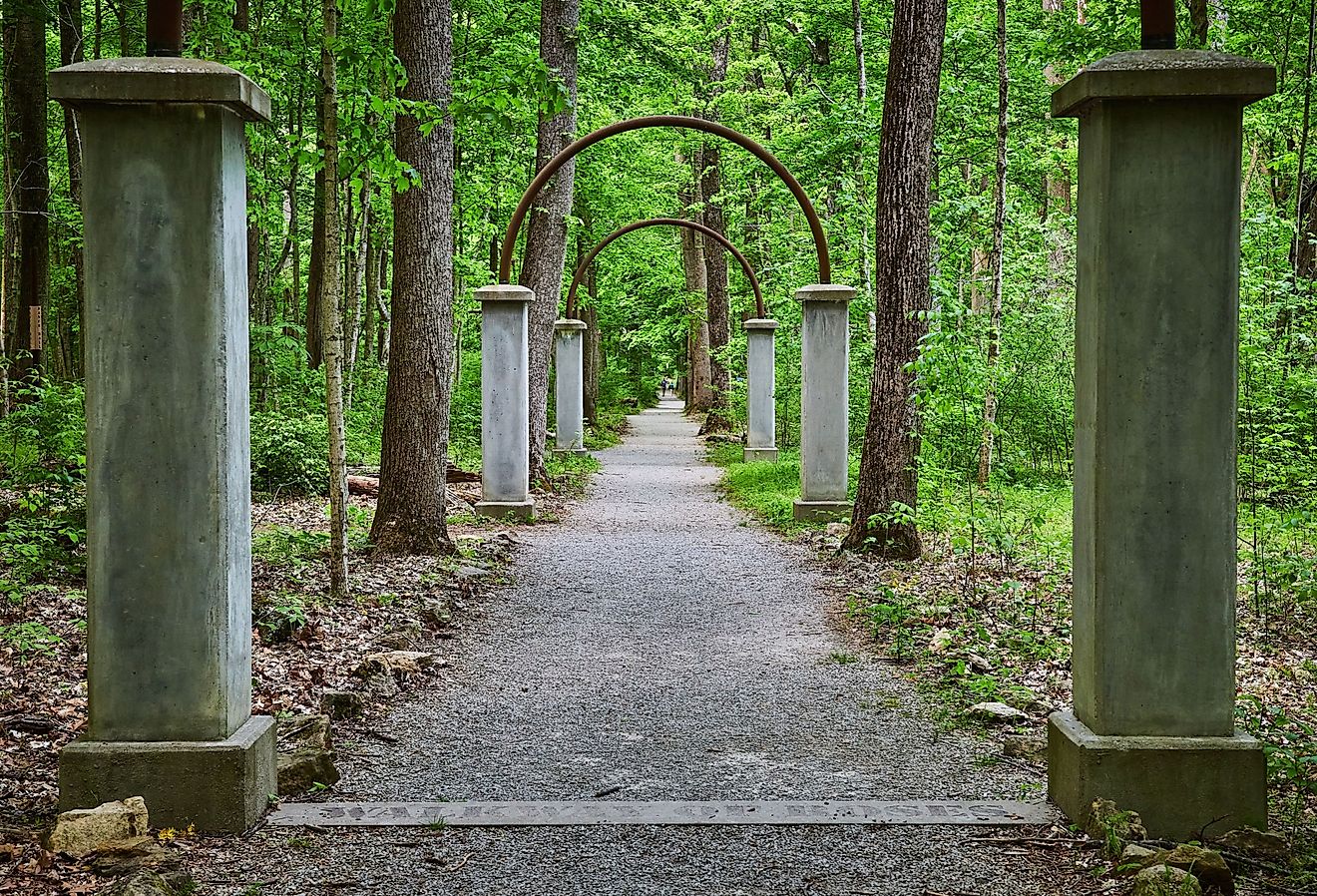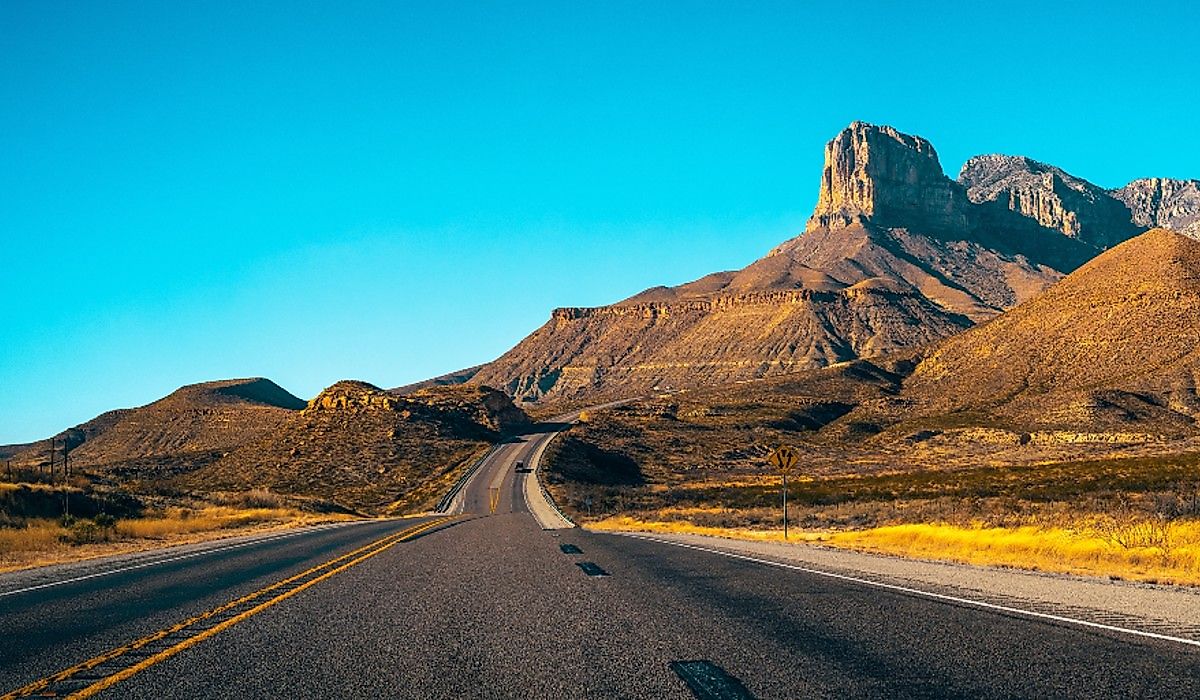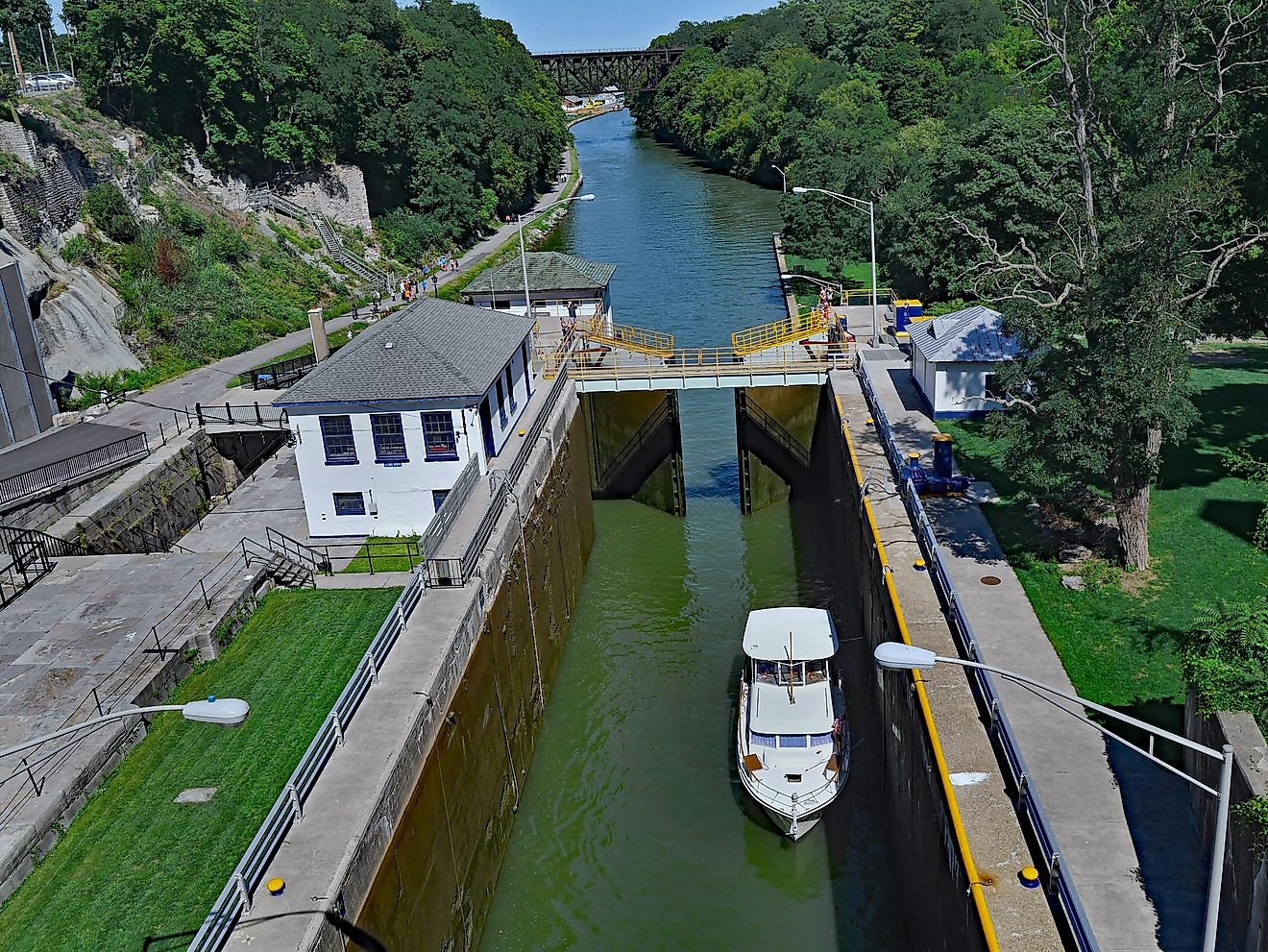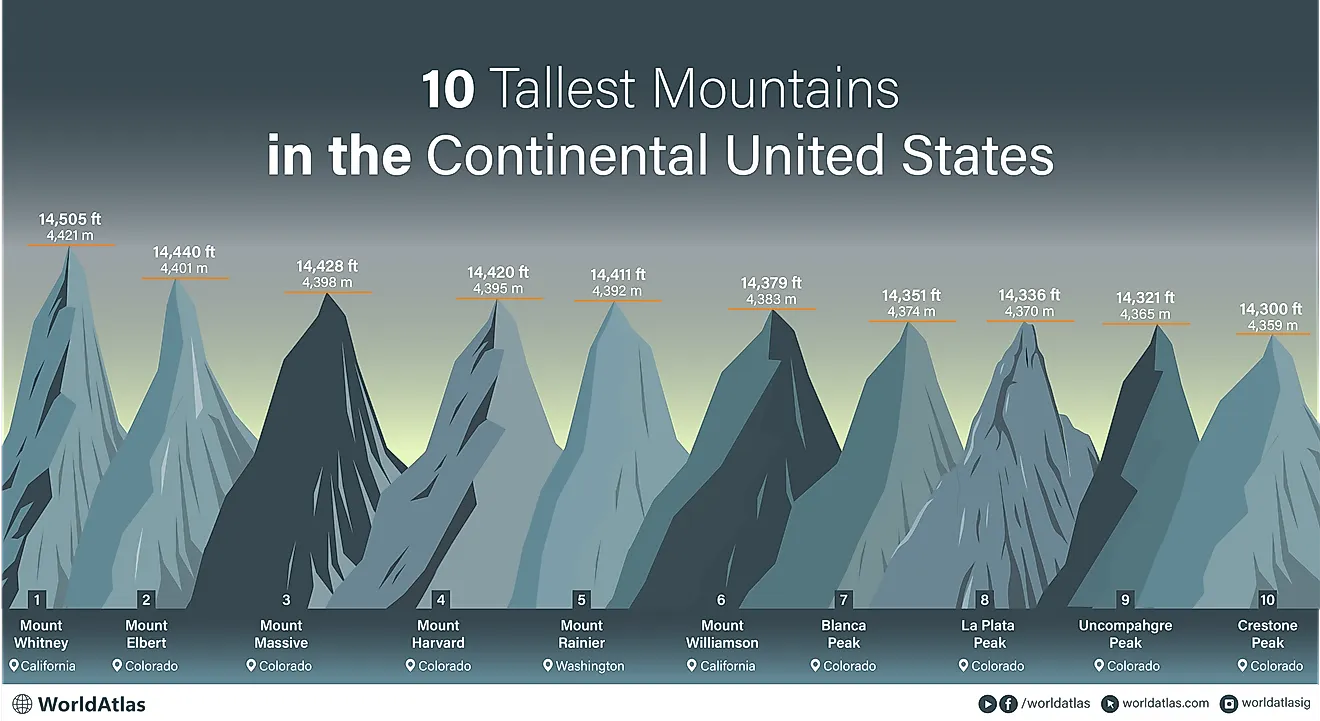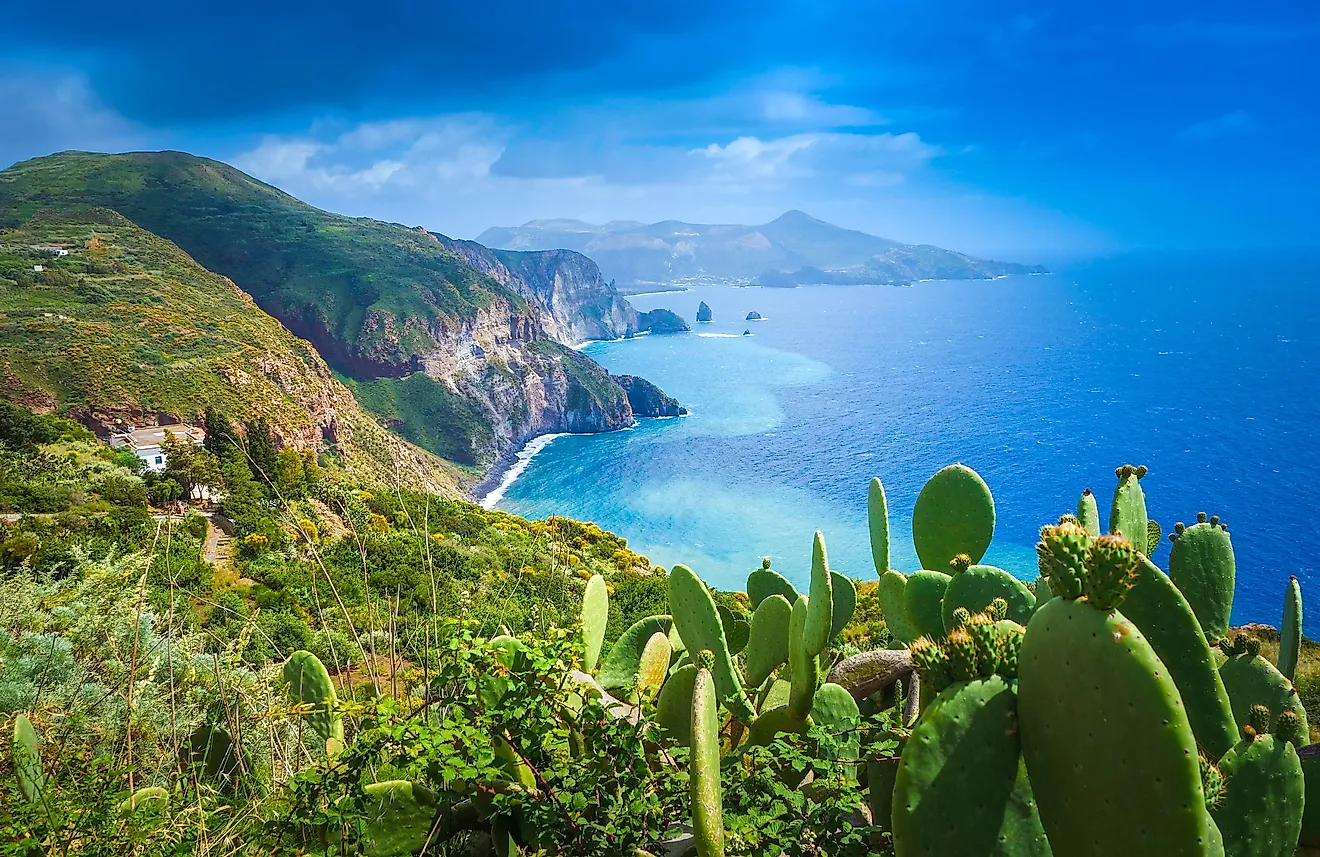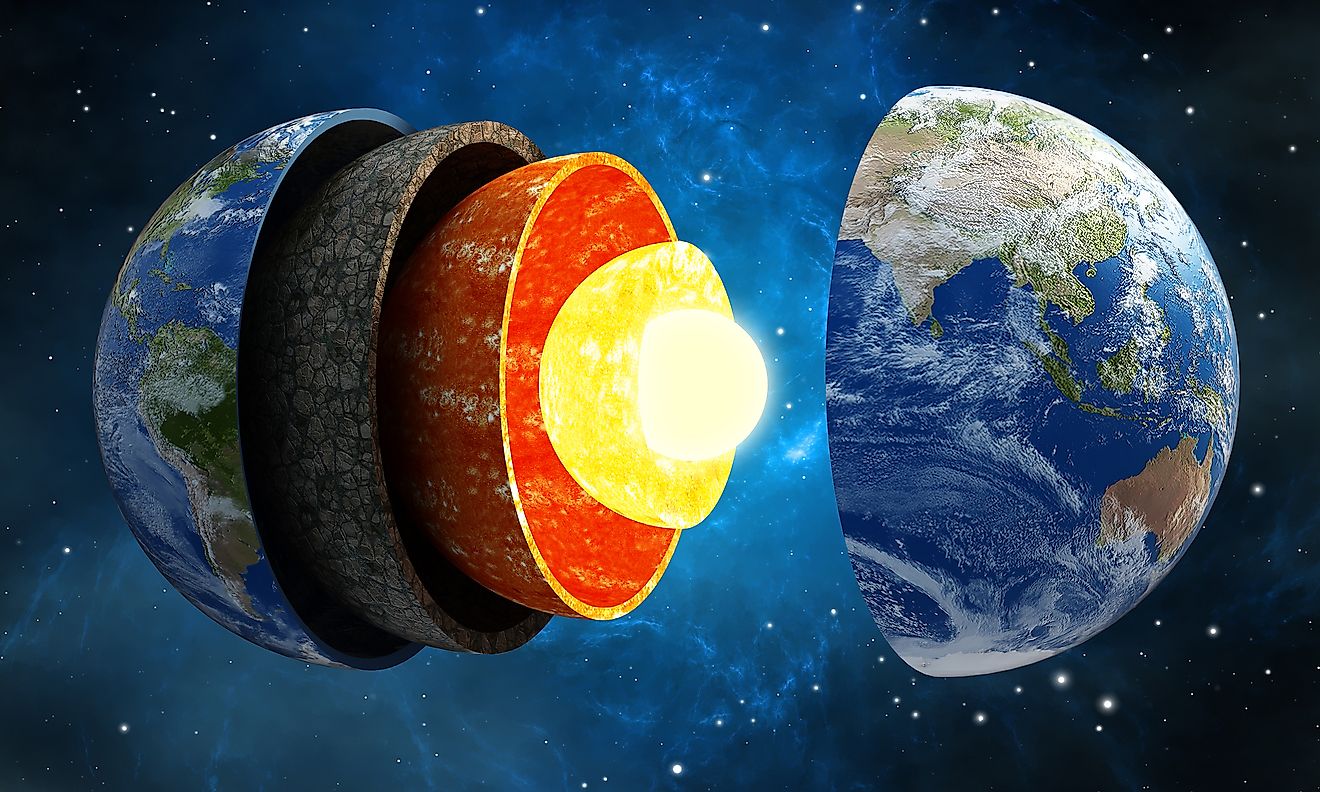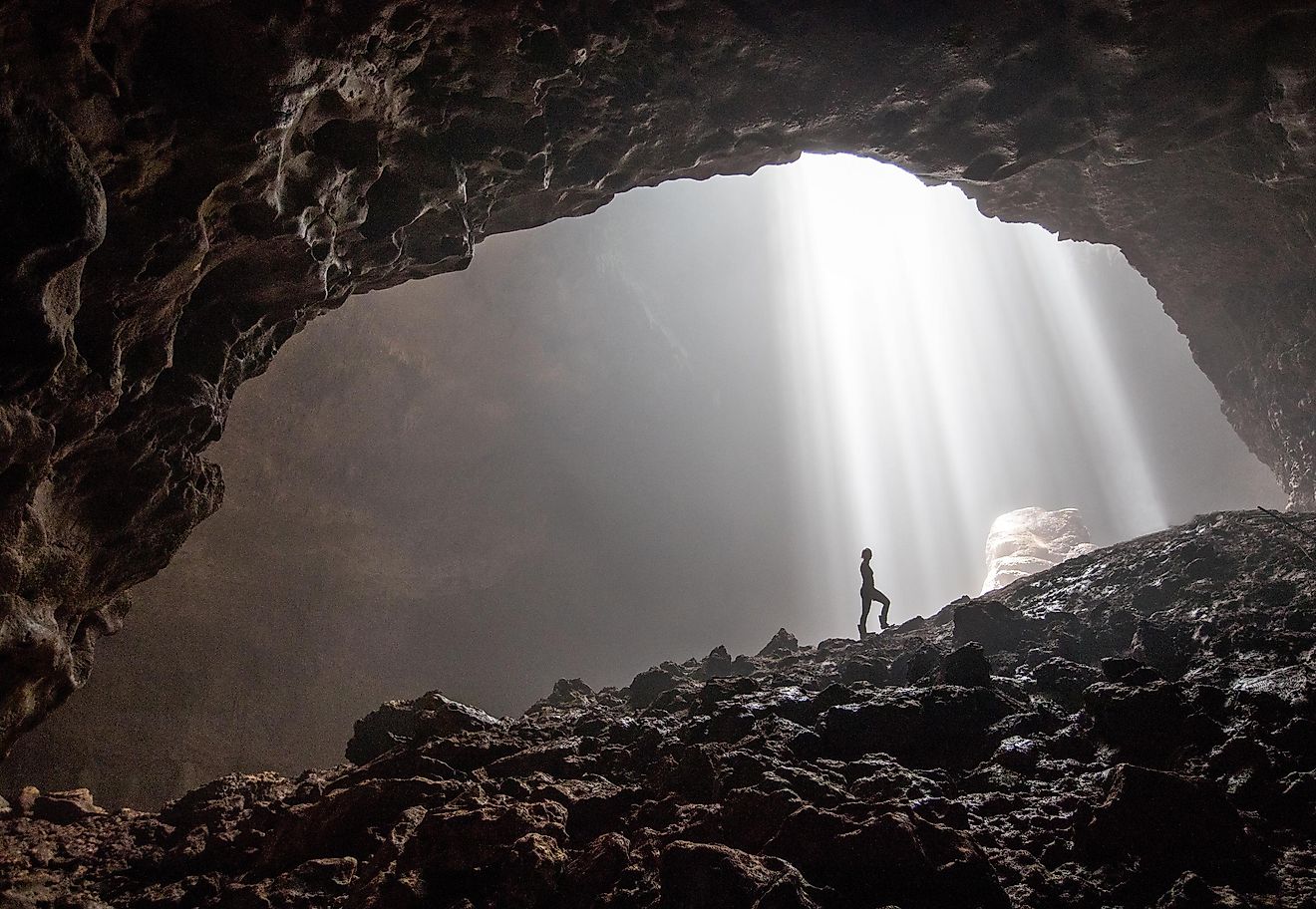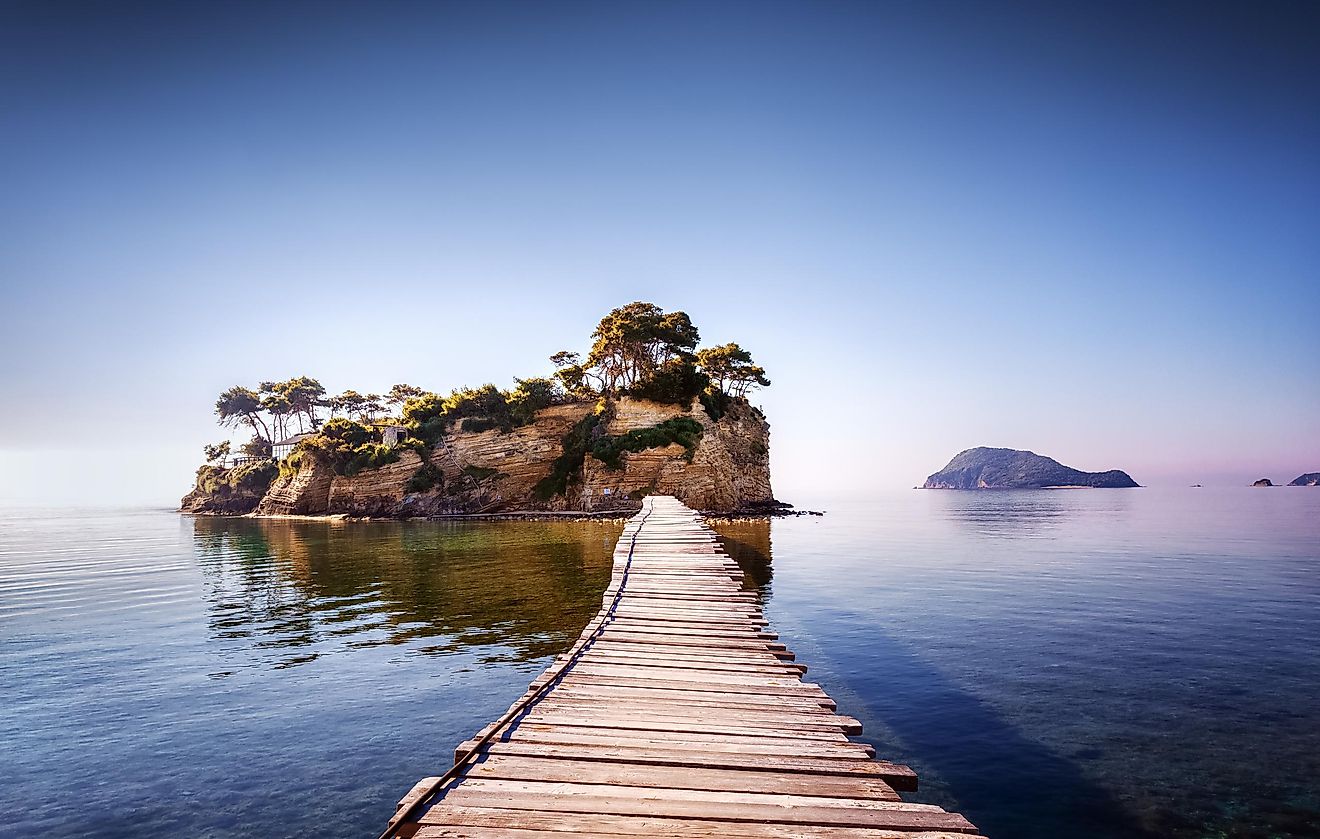
Kenai Peninsula, Alaska
"Kenaitze Indian Tribe" is the name of the Kahtnuht'ana Dena'ina ("People Along the Kenai River"). This Native Athabascan Alaskan tribe once occupied the region. Yaghanen was the name given to the Kenai Peninsula ("the good land").
Geography Of The Kenai Peninsula
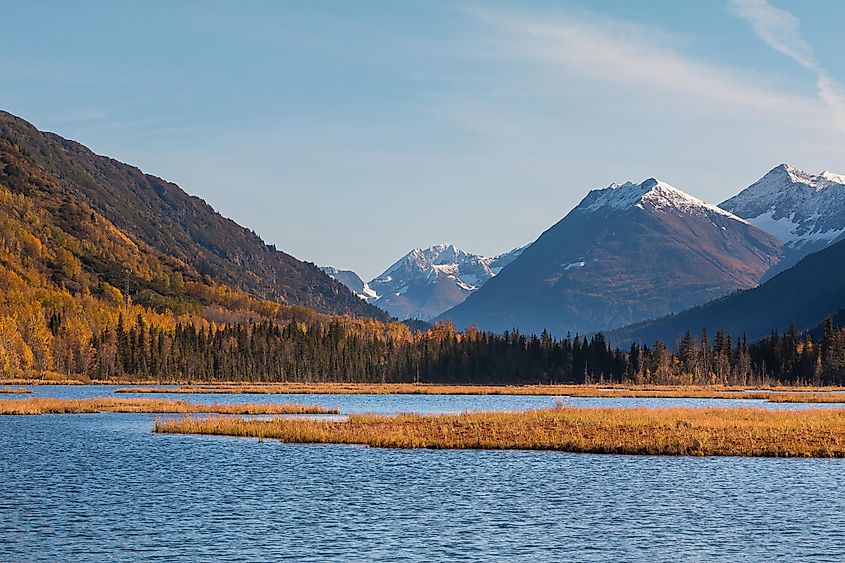
The Chugach Mountains, south of Anchorage, are about 150 miles southwest of the peninsula. Cook Inlet separates it from the mainland on the west, while Prince William Sound separates it on the east. The Kenai Peninsula Borough encompasses the majority of the peninsula. Though Athabaskan and Alutiiq Native people have lived on the peninsula for thousands of years, Gerasim Izmailov was the first European man to discover and chart it in 1789. The Kenai Mountains, which are covered with glaciers, stretch down the peninsula's southeast spine, along the Gulf of Alaska's shore. Kenai Fjords National Park encompasses a large portion of the range. The Cook Inlet's northwest shore is flatter and marshy, with several tiny lakes dotting the landscape. Several bigger lakes, notably Skilak Lake and Tustumena Lake, run through the peninsula's interior. Rivers include the Kenai River and its tributaries, the Russian River, the Kasilof River, and the Anchor River. Kachemak Bay, a minor inlet off the larger Cook Inlet, stretches into the peninsula's southwest extremity, with much of it included in Kachemak Bay State Park. In the east and south of the Kenai Peninsula, there are several glaciers. It is home to the Sargent and Harding Icefields, as well as countless glaciers that originate from them.
History Of The Kenai Peninsula
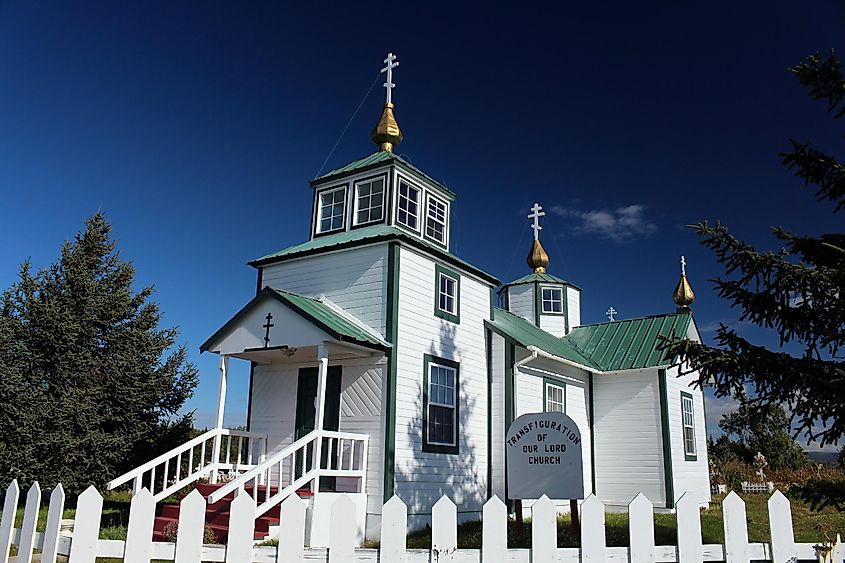
Looking back a few centuries, the Kenai Peninsula has much of human history to uncover. Captain Cook investigated this area in the late 1800s. Russians inhabited areas of the eastern shore, leaving an indelible mark, including many Russian Orthodox churches, one of which is over 200 years old. Alaska Natives prospered on the Kenai's abundant land and sea resources. Gold, oil, and coal have all played important roles in creating today's Peninsula throughout the previous century or so. Gold gave prospectors optimism and stimulated the construction of the Alaska Railroad, which began in Seward. On a northern Peninsula river, "black gold" (oil) was discovered.
Climate Of The Kenai Peninsula

The peninsula has a relatively mild coastal climate with considerable rainfall. It is one of the few agricultural places in Alaska, with a growing season long enough to produce hay and a variety of other crops. It gets average precipitation of 10.8 mm, with an average high temperature of 12 °C and an average low temperature of 2 °C every year.
Population And Economy Of The Kenai Peninsula

According to the most recent United States census statistics, the estimated population of Kenai Peninsula, Alaska is 59,149, with a 0.25 percent growth rate over the previous year. Kenai Peninsula County is Alaska's fifth-biggest county. The population in 2010 was 55,554, with a 6.47 percent increase since then. Oil and gas are Alaska's largest non-government business, accounting for 38% of all salaries in the state. Several oil and gas-related enterprises on the Peninsula have the highest assessed value of all properties, which benefits the community directly through property tax income. According to self-employment and sales tax statistics, the borough also has 30 to 50 mining and quarrying firms.
Attractions In The Kenai Peninsula
Soldotna Creek Park
This lovely park along the turquoise Kenai River holds community events, features a boardwalk, river access, a playground, and more. There's an ice loop for skating and animal cutouts with white twinkle lights.
Alaska Sealife Center

The Alaska SeaLife Center is the state's premier public aquarium and the state's only permanent marine wildlife rehabilitation center. Visitors can see sea lions, harbor seals, puffins, and other wildlife.
Kenai Beach

Kenai Beach may not be the sun and sand beach that people anticipate in other parts of the world, but it is an intriguing spot to explore. Visitors may observe the fishermen and netters capturing fish in the inlet as the boats go further away. They could even see some wildlife since the region is home to whales, bald eagles, and seals. When the tide is out, it's a lovely area to walk around and look out over the rock pools and shoreline, as well as the Alaskan Mountains in the distance.
North Peninsula Recreation Centre
If you're traveling with children, this recreation center is a must-see. It allows them to engage in some indoor activities or simply rest while the youngsters have fun. There is a heated swimming pool with a slide, a small section for younger children, and a heated pool for adults. On warm days, there's a jogging track, a picnic area, and a baseball field to enjoy. So, whatever the weather, there is something to keep the youngsters engaged.
Resurrection Pass Hiking Trail
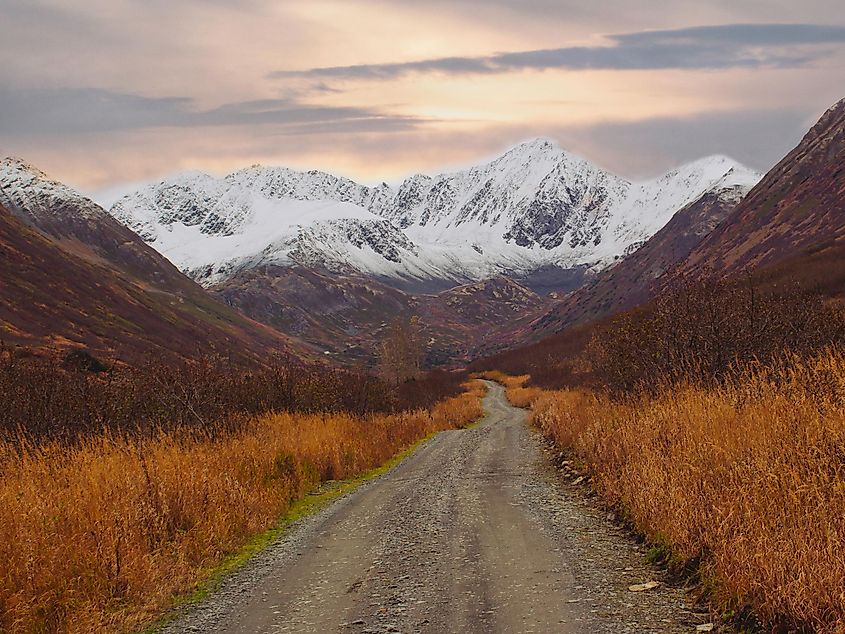
This enormous path is more than 38 miles long and ideal for people who wish to camp and hike or cycle the entire length. At several points along the path, small huts may be leased. Visitors may hike, stay in a cabin, then hike some more.
Kenai Fjords National Park
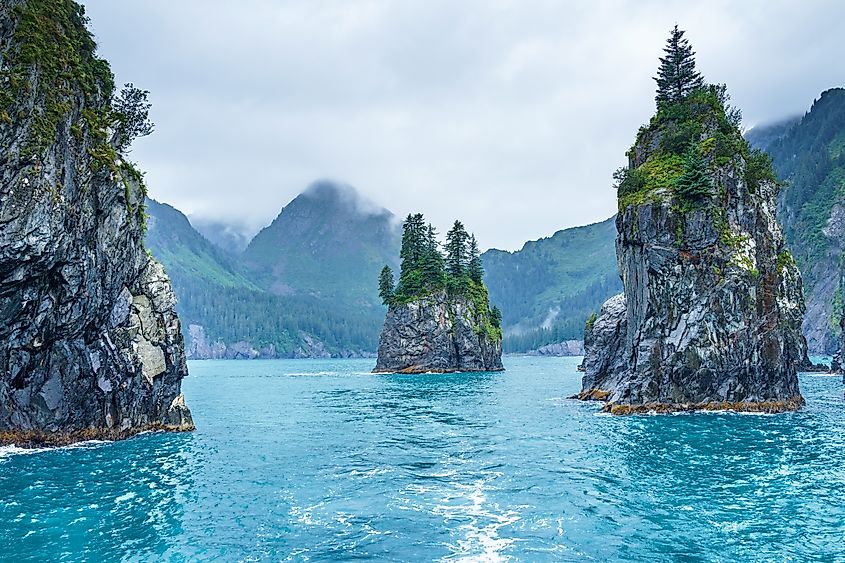
The Harding Icefield is 714 square miles of up to mile-thick ice that feeds over three dozen glaciers that stream out of the beautiful mountains, six of which reach tidewater. It offers a unique opportunity to see spectacular blue tidewater glaciers up close, as well as stunning marine life. Hiking the exceptionally spectacular path from Exit Glacier to Harding Icefield, a challenging trip that goes along the glacier and provides stunning panoramas of massive seracs and deep glacier crevasses, is one of the top things to do there.
Kodiak Island
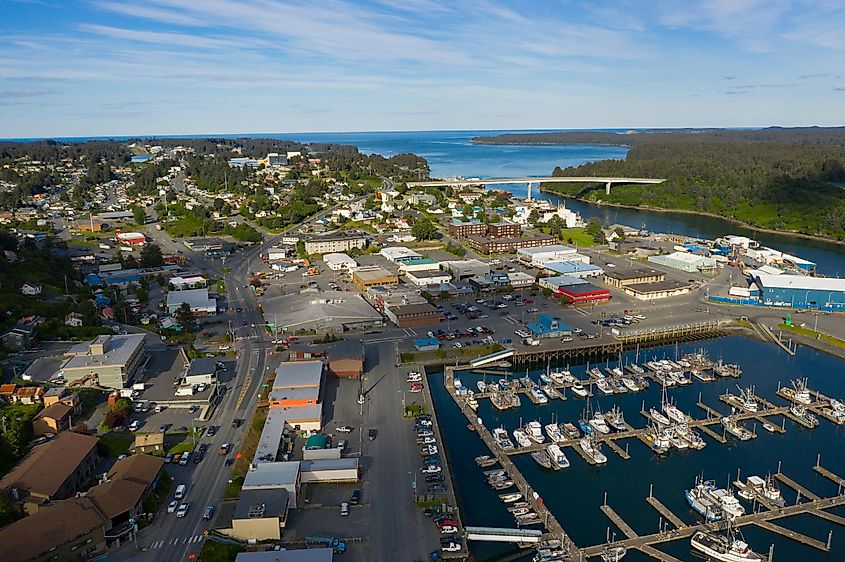
Kodiak Island is famed for its bears, which number over 3,500. Some of the males may weigh over 1,500 pounds and stand over 10 feet tall - certainly a sight to behold. Because there are no roads inside the refuge, travelers must rely on air charters or excursions offered by various hotels in Seward, Homer, and other locations across the peninsula.
The Kenai Peninsula in Alaska has it all, from towering peaks and spectacular glaciers to brilliant fjords, gorgeous national parks, and a wealth of wildlife, including whales, dolphins, seals, bears, bald eagles, and more.



